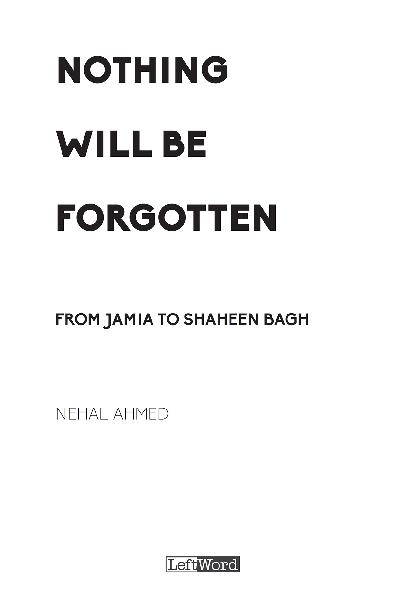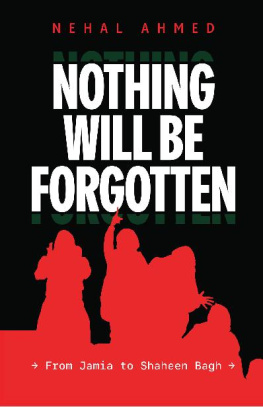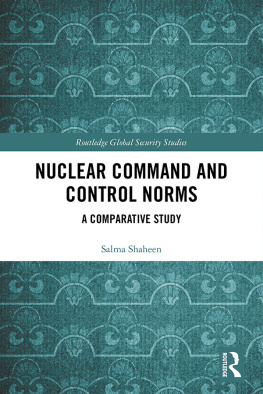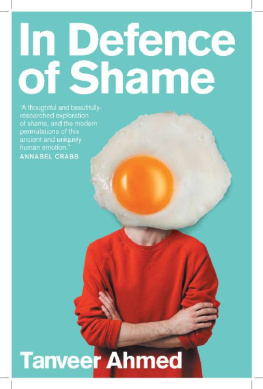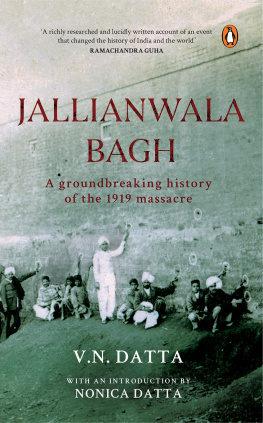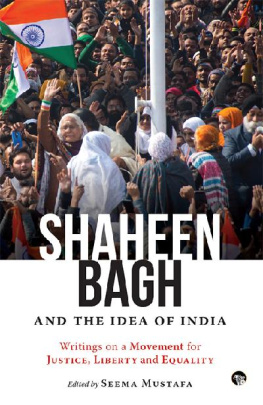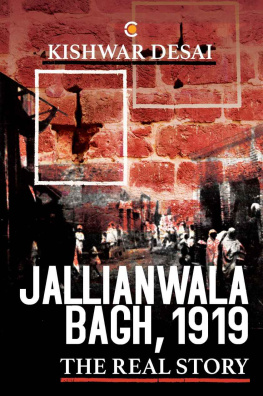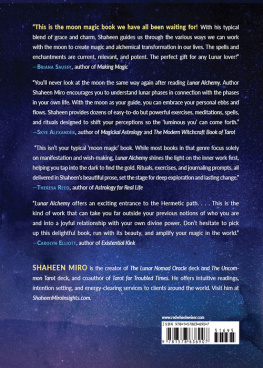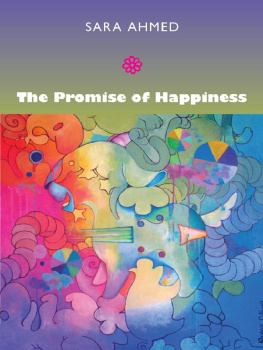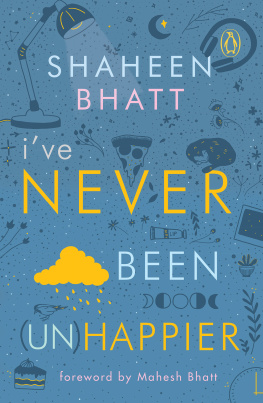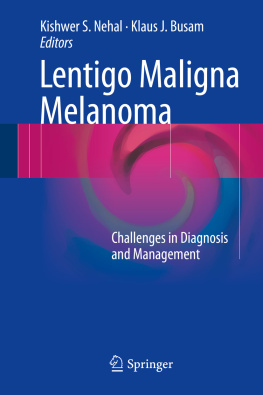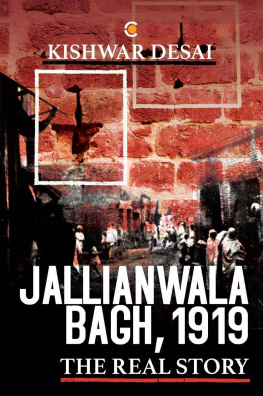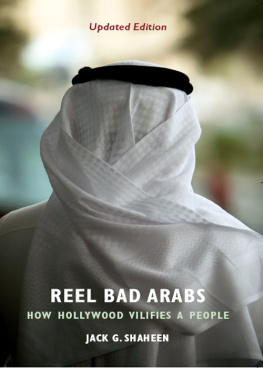Ive never been the textbook definition of a good student; my academic life is defined by hanging around canteens chatting about all topics under the sun, distilled with a steady supply of chai. Our learning extends outside of classrooms in our canteens, gardens, and beyond. Many other students share this experience in my university, Jamia Milia Islamia; my alma-mater, Pondicherry University; and many Public Universities across India.
15 December 2019 was the darkest day of my life. On this day, the Delhi police entered our campus and beat us like animals. From that moment on, from students, we became terrorists. A few months later, North East Delhi witnessed a pogrom, and we were again branded as rioters who posed a threat to law and order.
When innocent students are labelled rioters, anti-national, and terrorists overnight, what does one do? I choose to write.
Pliant media has played a prominent role in constructing and furthering this narrative, demonizing us at every step. This distorted truth and incorrect portrayal of my identity as a Jamia student made me want to put out my version of the truth. I wrote because that seemed the only way to document truth as I experienced it.
I wasnt sure publishing this book would be possible, and Id like to thank many for it:
First, I want to express my gratitude to Anjana, Grace, Imran, Kopal, Kavita, Madiha, Madhuri, Navpreet, Pratimah, Vishnu, and Wasim (Bhai) for their continuous faith in me and encouragement to my writing skills.
My school teachers, Sonika Maam and Vandana Maam, and my university teachers, Adnan Farooqui, Irfanullah Farooqui, Mohanan Pillai, Mithlesh Mukherjee, Ruchi Singh, Simi Malhotra, and Suchitra Sengupta, for whom Kabirs words ring true:
Guru Gobind dou khade, kaake lagoon paay,
balihari guru apne, Gobind diyo batay
Guru and Lord are both there, whom to adore
But teacher you are great, who told us that God is greater
I belong to stories, and stories belong to me; I collect and recollect them from people Ive known, some of whom are not around today, but their stories have made me the person I am: Dada, Dadu, Badke Abba, Abbu, Mama, Afshan, Ahona, Aneesh, Anjali, Anupam, Arbina, Atif, Deepak, Divya, Huma, Iman, Imran Raza, Irfan, Jasmine, Kaifi, Kamini, Kasturi, Laimwn, Lale, Manisha, Meera, Nasima, Nimish, Phyba, Prabha, Raghvendra, Ramzan, Reyhane, Shafat, Shayan, Simeen, Ummul, Uzma, Vaani, Yasmin, Zafar, and Zainabwa.
Politics determine our past, present, and future. This book, however, comes out of my emotional vulnerability. My friends kept me going through this tumultuous time. I wasnt sure Id be able to complete this book, but they made sure I did. Furqan arranged a place to sit and write in his hostel and fed me through the journey. Shafeeq, who read every chapter and motivated me to write on. Imran came up with a place for months, food, entertainment, peace, and so much more under the most challenging conditions. During the lockdown, I returned home, where my sister, Bella, understood my literary journey and granted me the gift of time and space.
My family is the most fun and exciting aspect of my life. Their distinct personalities and unique traits enrich my life, and they are woven into all my stories. I want to thank my brothers, sisters, nieces, and nephews. Especially my little niece, Ifrah, who I hope reads this one day.
Id also like to thank Neyaz Farooquee, whose technical support has guided me since the inception of this book; Arjun, Azeemah, and Shreya for giving me feedback on each chapter.
This book is a tribute to two significant women who helped me step out of my comfort zone Rashmi Doraiswamy and Nazly Khanam.
Poets and writers who helped me understand this world and its humanity: Amrita Pritam, Amir Khusru, Anton Chekov, Bulleh Shah, Dharmveeer Bharti, Elif Shafak, Faiz Ahmed Faiz, Kabir, Khushwant Singh, Ismat Chugtai, Jaun Elia, Meer Taqi Meer, Mirza Ghalib, Neyaz Farooquee, Friedrich Nietzsche, P.N. Renu, Rahi Masoom Raza, RumiShams, Saadat Hasan Manto, Sahir Ludhianvi, and many others.
Lastly, Vijay Prashad, Sudhanva Deshpande, Winnie Chauhan, and the entire LeftWord team made this book a reality. Their commitment and valuable advice transformed my manuscript into this book. They welcomed me, held my hand, guided me throughout this enriching journey indulging all my amateur ideas and questions. I want to thank them all.
Writing this has been tougher than writing the book. If you dont find yourself here, please add your name: _______; and please accept both my apologies and gratitude.
Thank you,
Nehal Ahmed
Hum parvarish-e-lauh-o-qalam karte rahenge
jo dil pe guzarti hai raqam karte rahenge
We will continue to nourish our pen and paper
whatever befalls us, we will continue to write
~ Faiz Ahmed Faiz
On the morning of 16 December 2019, my friend Raghvendra called to ask me to visit the hospitals and police stations near Jamia Millia Islamia (JMI) university and check the status of the injured and detained university students. I rushed to the Holy Family Hospital. At the hospital gate, a journalist asked me whether I was from Jamia. I had no idea that dozens of students were lying inside the hospitals emergency ward... severely wounded. I wondered why was I looking for my friends in hospitals and police stations? I should be meeting them in the library, in the canteen, in the classrooms...
Three days before, on 13 December, Jamia students marched towards Indias Parliament to protest against the Citizenship (Amendment) Act, 2019 (CAA), which activists say discriminates against Indian Muslims. It has rightly been compared with former US President Donald Trumps Muslim ban. The new US President Joe Biden has since reversed that decision.
The citizenship law coupled with the proposal to implement the National Register of Citizens (NRC), aimed at identifying undocumented immigrants, spooked Indias largest minority the Muslims. They had a reason to suspect the NRC. In 2019, nearly 2 million people of Bengali origin both Muslims and Hindus were excluded from the NRC for Assam. Their status remains in limbo. These steps, which many Muslims fear are a part of the extreme right-wing Hindu chauvinist nationalist governments agenda to disenfranchise them, sparked Indias largest peaceful protests. Instead of holding a dialogue, the government unleashed a brutal police crackdown, killing dozens of people across the country.
Jamia students wanted to march to the parliament against the citizenship law that the United Nations has dubbed fundamentally discriminatory . The police dispersed the students before we could reach the Lok Sabha the House of the People but out of reach for us.
